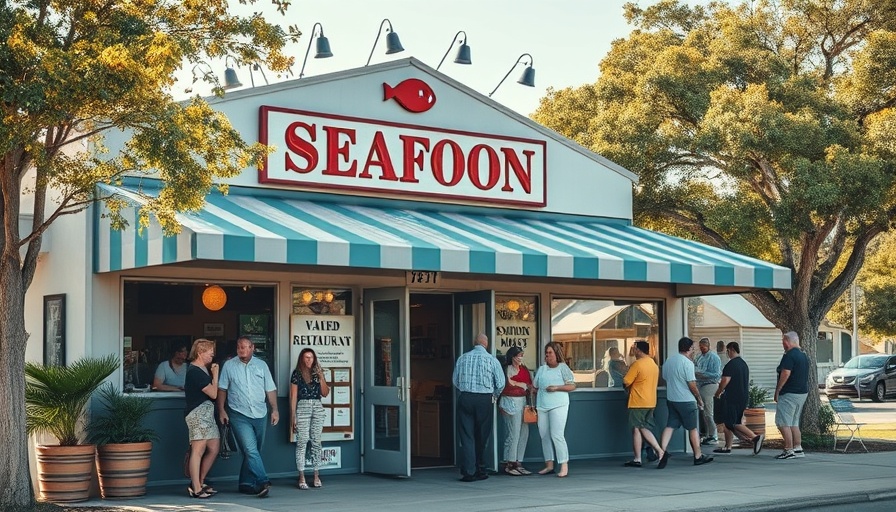
Breaking Free from Wellness Propaganda
In our 20s, many of us adopt a rigid framework for wellness, often influenced by an avalanche of social media dictates and societal pressures. As we navigate this seemingly perfect landscape of health and fitness, we may find ourselves caught in a cycle of endless optimization, constantly questioning whether we are doing enough. It’s a challenging path filled with unyielding expectations that can leave us feeling inadequate rather than fulfilled.
Rediscovering Personal Wellness
As we transition into our 30s, it’s essential to unlearn the misconceptions we once held about wellness. This journey involves recognizing that wellness is not a one-size-fits-all endeavor but a deeply personal voyage that varies from one individual to another. Embracing this philosophy sets us free from the shackles of the prescribed routines often touted as the ultimate solution to life's challenges.
Understanding the True Meaning of Nourishment
The concept of clean eating, heavily marketed and celebrated, can lead to destructive patterns and food anxieties. The yearning to fit into the ideal of healthy living often morphs into fear and rigidity surrounding food choices. Learning to nourish our bodies without attaching guilt to certain foods is a significant step toward a healthier relationship with eating. It’s about letting go of the restrictive mindset that once kept us bound in chains of self-doubt and moral judgments about our meals.
Finding Joy in Moderation
Embracing a philosophy of joyful nourishment opens the door to a more balanced approach to eating. It allows for flexibility where food can bring not just energy but also connections, pleasures, and wonderful experiences. For some, this could mean enjoying a scoop of ice cream on a warm summer day or savoring a slice of pizza without the undercurrent of guilt. It’s a shift from a rigid mindset to one that respects the body's needs and honors moments of indulgence as part of life’s rich tapestry.
The Myth of Relentless Productivity
Another layer of wellness propaganda lies in our glorification of productivity. In a world where busyness is often mistaken for value, we can mistake an insatiable drive to achieve as synonymous with wellness. The societal belief that only through endless to-dos can we justify our existence leads many to burnout and stress, making recovery feel indulgent rather than essential. The truth, however, is that rest is a critical component of genuine wellness. It’s the antidote to the chaos of modern life.
The Freedom to Feel
Wellness is not about chasing bliss; it’s about allowing ourselves to feel the spectrum of our emotions. Engaging with our feelings—be it joy, sadness, or everything in between—is crucial to mental well-being. Learning to embrace discomfort and vulnerability without rushing to suppress it is key to true emotional health. After all, every feeling has its place, contribution, and meaning.
Aligning Wellness with Personal Values
The path to sustainable wellness often lies in aligning what we do with what we truly value. This means critically evaluating trends that may not resonate with our authentic selves. The wellness landscape is constantly evolving, and it's our individual responses to these changes that ultimately define our experiences. Questions like 'What truly nourishes me?' or 'What brings me joy?' can guide us toward a more fulfilling approach.
It is through this journey that we forge personal definitions of wellness and health. It’s a process that may be uncomfortable but is necessary for genuine growth. So let’s dare to challenge old beliefs, break free from the chains of wellness propaganda, and embrace the truths that guide us toward a happier, more balanced life.
As we continue this journey towards informed wellness, remember there’s no need to conform to a preset standard. Trust yourself to carve a path that truly resonates with your heart and mind.
 Add Row
Add Row  Add
Add 



Write A Comment